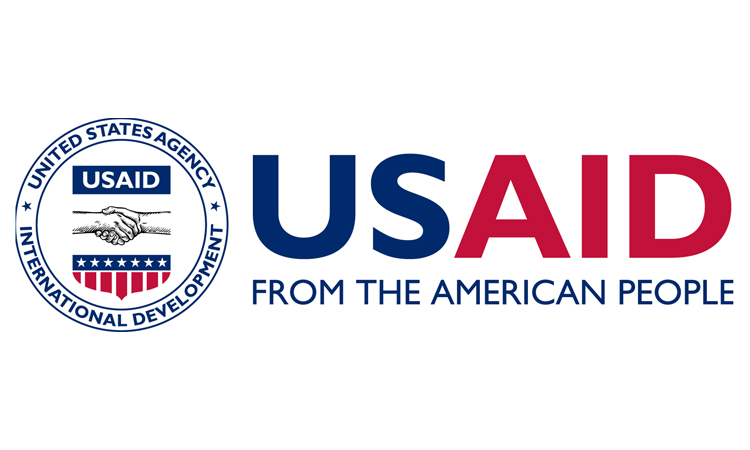
According to Fidesz, the case seriously threatens Hungary’s sovereignty.Continue reading

The US Embassy in Hungary has announced in a press statement on Monday that USAID that aims to “strengthen democratic institutions, civil society, and independent media”, will return to the country. According to the press release, the program “will be implemented by a coalition of partners with deep knowledge of the region, … and a commitment to internationally-recognized best practices to support democracy”.
It continues by stating that USAID (US Agency for International Development) supports its partners in Bulgaria, Czech Republic, Hungary, Poland, Romania, Slovakia and Slovenia to increase the capacity of civil society to strengthen democratic principles, strengthen the financial independence of the independent media sector, to build the watchdog skills of civil society and media to enhance rule of law observance, combat corruption.
The embassy’s press release adds that the Biden-Harris Administration aims to bolster democracy around the world, thus USAID’s activities in Central Europe will be rooted in commitments to respect human rights and adherence to the rule of law. With this aim the U.S. Congress appropriated
funds to strengthen democracy and civil society in Central Europe, including for transparency, independent media, rule of law, minority rights, and programs to combat anti-Semitism,
states the press release.
It continues by saying that funds will be administered by local partners who have assessed how best to address local challenges in Hungary without regard for political affiliation. Programs will assist local civil society organizations working to strengthen democratic institutions, increase the participation of women and vulnerable groups in decision-making processes, and support anti-corruption initiatives; and help NGOs scale up their efforts to build public transparency and support emerging civic actors, particularly to involve young people in activities that strengthen the rule of law”, concludes the embassy’s statement.
A number of the terms listed above are reminiscent of recent resolutions passed by the European Parliament or international NGOs critical of the Hungarian government’s actions. It is highly unlikely that civil society actors, whose conservative or national ethos overlaps the Viktor Orbán government’s policies will be able to access any of these funds. Instead, USAID is known for its work with organizations like Transparency International, or Freedom House, both highly critical and, on occasion, actively campaigning against the Hungarian government, which could raise question marks over the non-partisan character of their initiative.
One of the most likely and immediate grantees of the USAID program in Hungary could be the Internews media company that is currently recruiting for employees in Hungary.
USAID already funds Internews in Moldova, for instance, through the Media-M project. Its topics and interpretations are broadly in sync with the Biden-administration’s cultural vision, thus it will most likely join the long line of anti-government publications in Hungary, that share a similar ethos. USAID is also financing the work of the International Organization for Migration in Moldova, a pro migration organization which declares “managing migration” as one of its main goals and states that “humane and orderly migration benefits migrants and society“.
USAID offers a short overview of its methods and principles with regards to its work in Slovakia and Hungary on its own website. In Hungary it helped setting up the Democracy Network (DemNet) foundation in the past, whose offices were raided by police in 2014 alongside that of the Ökotárs NGO that was, and still is tasked with allocating Norwegian government funds to mostly progressive causes.
USAID finances innumerable charity and social projects around the world, alleviating poverty and inequality. However, in its currently projected form,
in a Central-Eastern European context, it is increasingly taking a distinctly political shape.
In Slovakia, for instance, its coordinator Samantha Powers has set out a program to encourage civil organizations to counter Russian influence and interference in the country.
Although NATO allies, fellow democracies and active business partners, it is no secret that the Biden administration and Orbán government’s vision for the future of nation sates and numerous cultural matters is fundamentally different in as many points, as many they converge in. However, if the USAID money will in future unilaterally flow to NGOs and players that are in every respect opposed to the official policies of their host country,
the government in Budapest is likely to interpret the USAID initiative as a drive to create a network of proxies in order to influence electoral processes in the country.
At times when the Hungarian opposition is under investigation for illegally receiving election campaign money from US sources, such a move could drive a wedge between Budapest and Washington even further.
Featured Photo: USAID